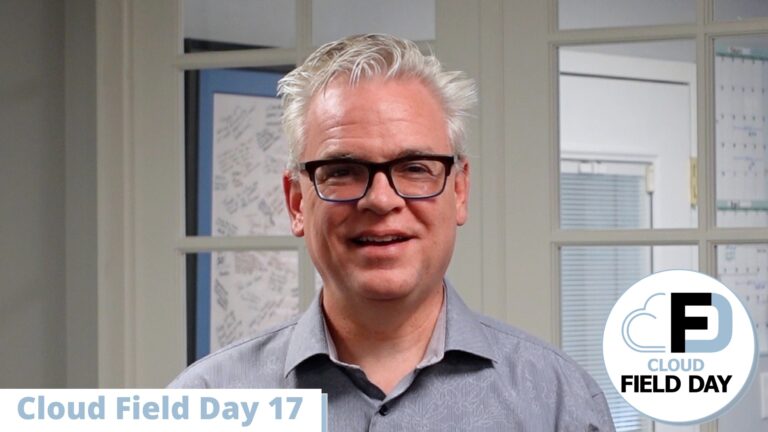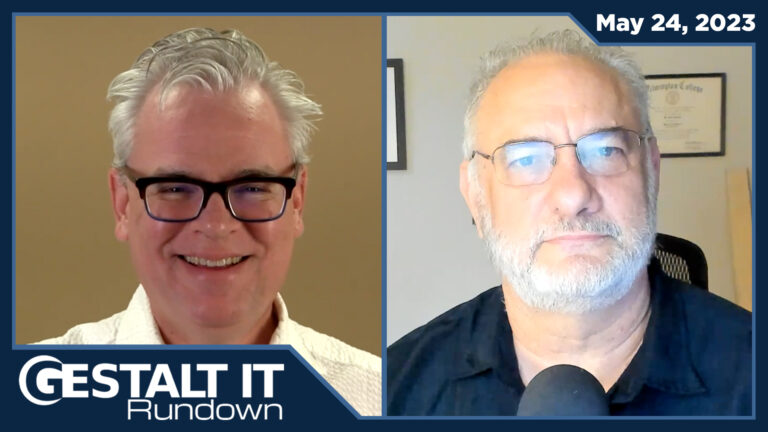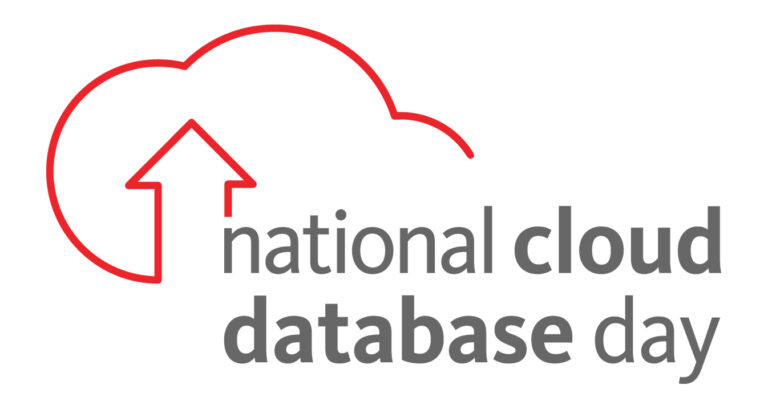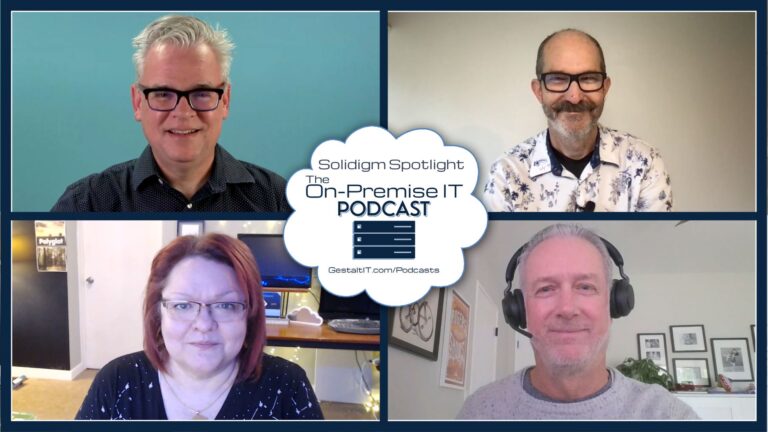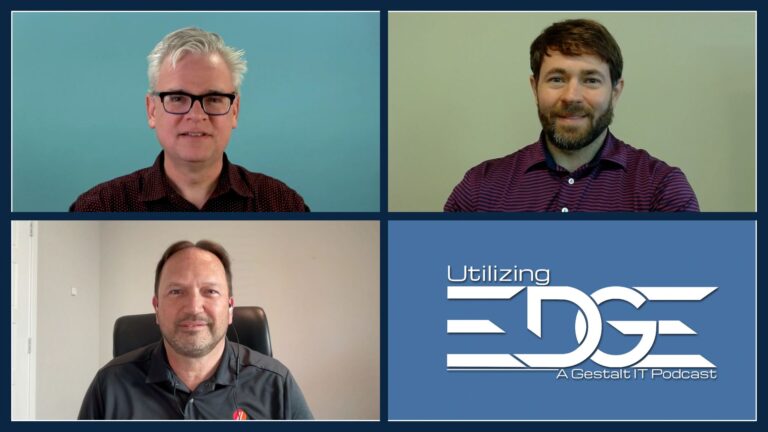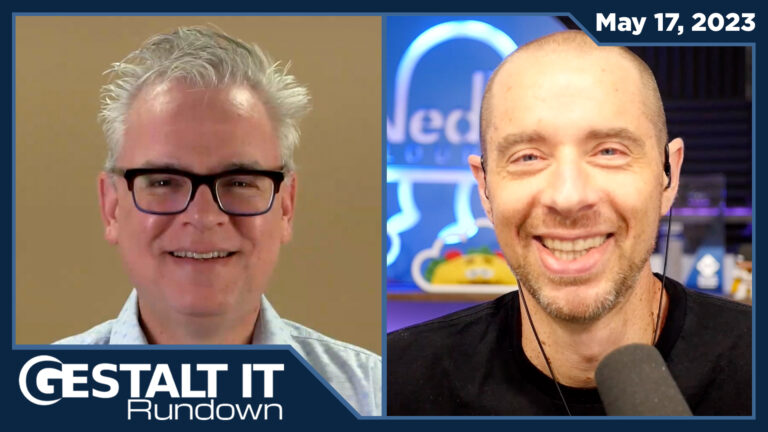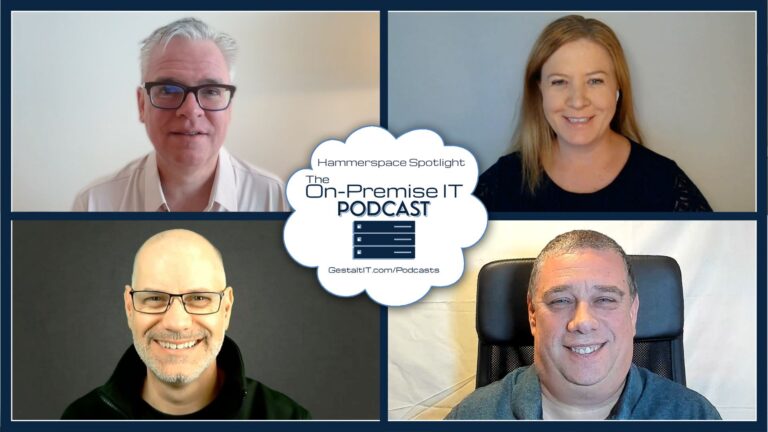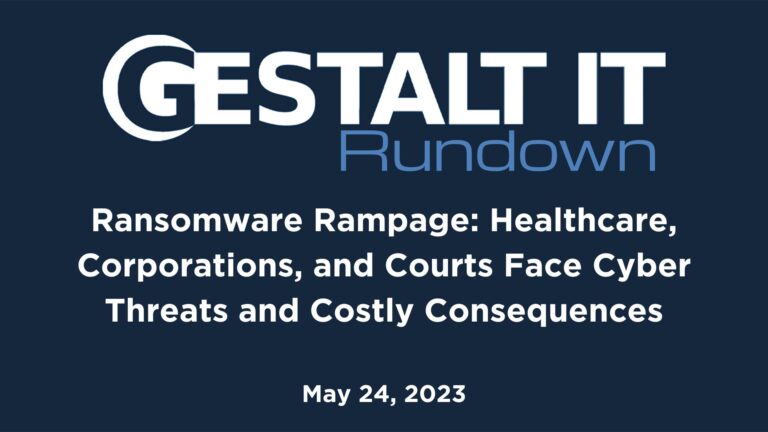
W. Curtis Preston Urges Proactive Measures to Combat Escalating Ransomware Menace
W. Curtis Preston and Stephen Foskett discussed Ransomware this week, stressing the urgency of securing backup infrastructure and implementing preventive measures against ransomware attacks. They highlighted the risks posed by unpatched systems and the growing trend of double extortion tactics. Emphasizing the importance of basic security measures and proactive preparation, they urged organizations to take control and protect themselves from the inevitable threat of ransomware.

